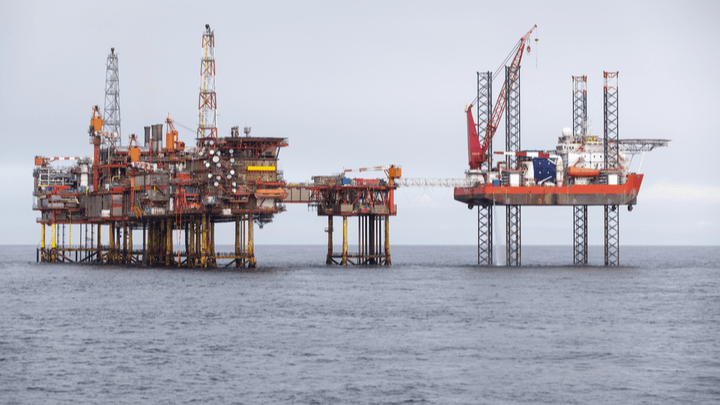Award of 24 UK oil and gas licences labelled “grossly irresponsible”

THE UK North Sea Transition Authority’s award of 24 oil and gas licences in the 33rd licensing round has sparked a furious backlash from environmentalists.
In this second tranche, 17 companies, including oil and gas majors BP, Equinor, Shell, and Total, were granted licences. The offer included 74 blocks and part-blocks in the Central North Sea, Northern North Sea, and West of Shetland areas.
The North Sea Transition Authority (NSTA) said further licences will follow “in the coming months”, noting that remaining blocks will be offered once the Offshore Petroleum Regulator for Environment and Decommissioning (OPRED) has completed environmental evaluations. Remaining blocks for offer are primarily in the Southern North Sea and East Irish Sea.
The second batch of awards follows the allocation of 27 licences in October.
NSTA stated that domestic energy supply can play an important role in cutting greenhouse gas emissions and contribute to decarbonisation, adding it also provides skilled jobs and supports the economy.
Graham Stuart, minister for energy security and net zero, said: “We will continue to need oil and gas over the coming decades, so it is common sense to make the most of our own resources – with domestically produced gas almost four times cleaner than importing liquefied natural gas from abroad.
“These new licences will strengthen our energy security now and into the future, while also helping boost our economy, by backing an industry that supports 200,000 jobs and is worth £16bn each year.”
However, Bob Ward, policy and communications director at the Grantham Research Institute on Climate Change and the Environment, branded the award “grossly irresponsible”, saying it will undermine investor confidence in fossil fuel alternatives and reduce UK competitiveness in new sustainable industries.
“The licences will not reduce energy bills or make us more energy secure,” he said. “But they will further destroy the UK’s international reputation on climate change.”
UK government data shows that the nation currently exports 80% of the oil it produces in the North Sea. According to the Energy and Climate Intelligence Unit, new licences for drilling would increase the use of domestically produced fuels by less than 1% in 2030.
And Jamie Peters, climate co-ordinator for Friends of the Earth, argued that the decision to hand out the licences was another blow for the UK’s net zero ambitions.
Peters said: “It will keep our economy locked into an outdated energy system dangerously reliant on fossil fuels.”
Stressing that the UK is already “way off track” with its climate targets, he added that the new licences will further fuel a climate emergency that is already “battering the world with dangerously extreme weather”.
This setback for green efforts follows the November 2023 announcement that the UK intends to mandate annual oil and gas licensing rounds. The mandate received similar revile from green groups, as have other boosts for fossil fuels, such as NSTA’s greenlight of the Rosebank project. Last July, the UK committed to awarding hundreds of new production licences, beginning in autumn, aiming to make the country more energy independent.
Recent Editions
Catch up on the latest news, views and jobs from The Chemical Engineer. Below are the four latest issues. View a wider selection of the archive from within the Magazine section of this site.




